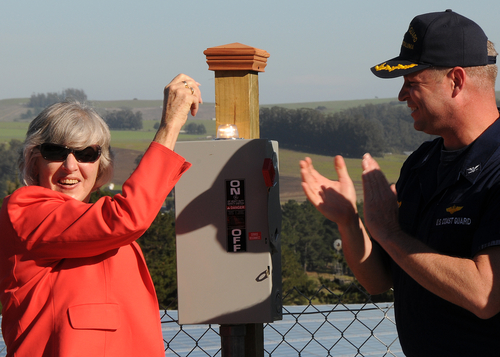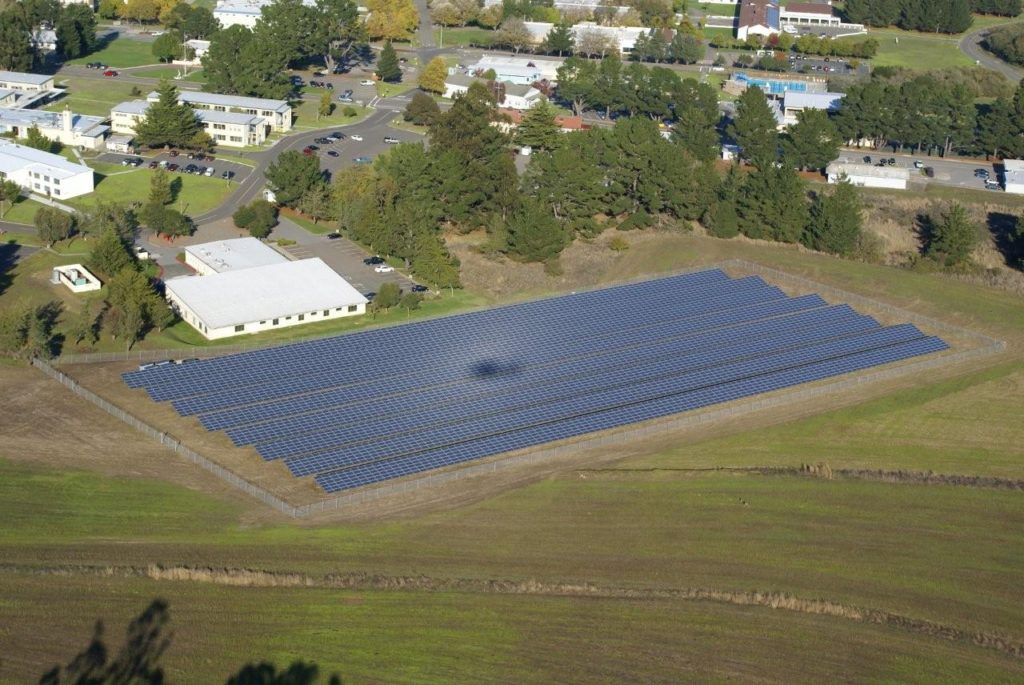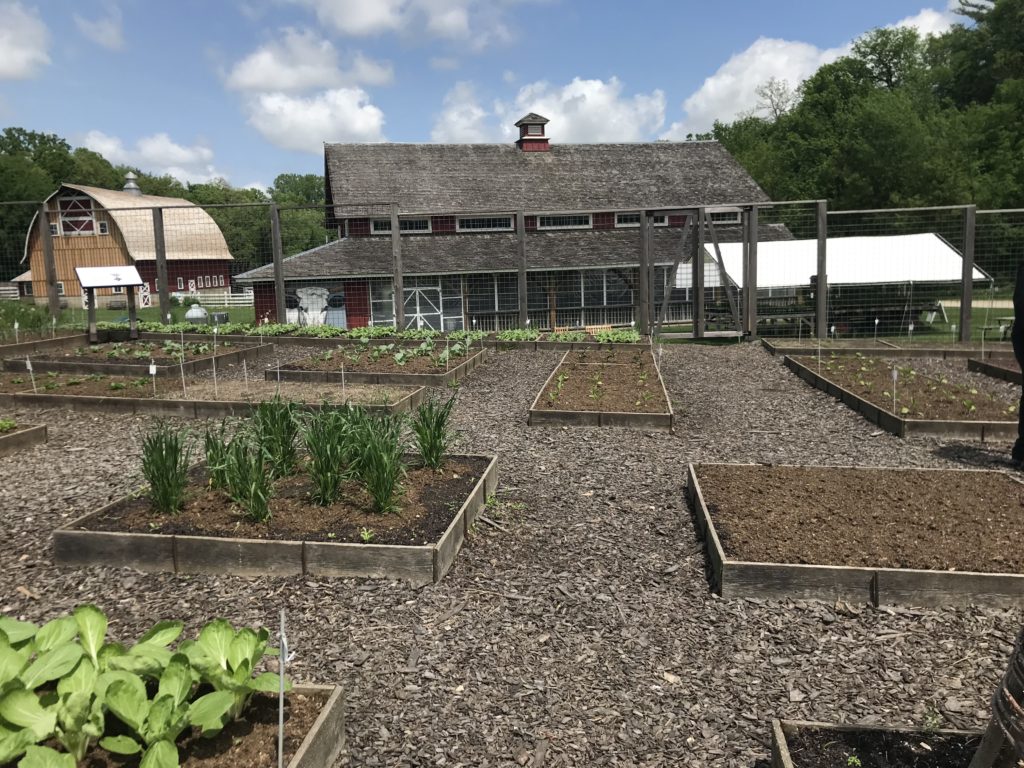My 21 days in Iowa have contained some of the most unique and enlightening days of my life. The old saying about not wanting to know how the sausage is made definitely applies to my time in Iowa. There are a lot of things I now know that will forever change my perception of where my food comes from and how its made. Now that I know, my whole understanding of the food industry is changed. For example, it will be a long, long time before I eat pork again. Although my views have changed, I am happy I have this knowledge. I feel empowered to know where my food comes from and the great meaning behind the little labels, we take for granted. Many of my preconceived notions of Iowa have been shattered–the state is not all one long flat piece of farm land.
What I found to be the most significant take away from the trip is that pretty much everyone has a different opinion about how to fix agriculture in Iowa. The organic farmers don’t all have one unified solution. The conventional agriculture people don’t agree on one solution. Everyone has different research and life experiences that shape their opinions. Many of the views and data we heard directly contradicted other information we received. Some farmers thought health soil was the biggest concern, some thought the consolidation of small family farms as the most important issue, others thought water quality was of the highest importance, and others still saw the trade war with China as Iowa’s biggest problem. We heard an extremely wide variety of opinions and they were all unique. The one uniting aspect is that if something does not change soon, the agriculture business in Iowa will be in serious trouble.
In my opinion, more regulations need to be put in place in the agriculture business. If farmers were going to do the right thing for water quality and soil health, they have had plenty of time to do it on their own. Because this has not happened, it is time to force their hand. We are at risk of losing one of America’s most valuable assets, its soil. We need to stop pushing fence row-to-to-fence-row farming and start focusing on implementing more practices such as no till, rotational crops, cover crops, and prairie strips. These changes need to be made now as climate change is only getting worse, and the soil health in Iowa is deteriorating. Family farms are just barely surviving in Iowa and creating higher incentives to switch to these practices will be a win-win for everyone, money for the family farm and improved soil, water and air health in Iowa. Despite all I know about Iowans distaste for government intervention, I deeply hope in the next couple years, big changes are made in the regulations for farming practices.
Something I mentioned when I reflected on my first 24 hours in Iowa still rings true. The community of the small towns. Throughout our stay in Iowa I was fortunate to meet a number of HN’s high school classmates as well as a variety of family members. I also met what seemed like the entire population of Morris’s family. Everywhere we went, whether it was in southern Iowa or the northern most tip, everyone was connected. They all had friends in common and knew many of the same people. For a state with a population of over three million, it seemed like everyone knew each other. I thought the community feeling was lovely. Farmers could see how other farmers handled their land and learn from each other, seeing what works and what doesn’t. Everyone is united by one important thing. They are all trying to make a living doing one of the hardest, and most dangerous, jobs out there.



